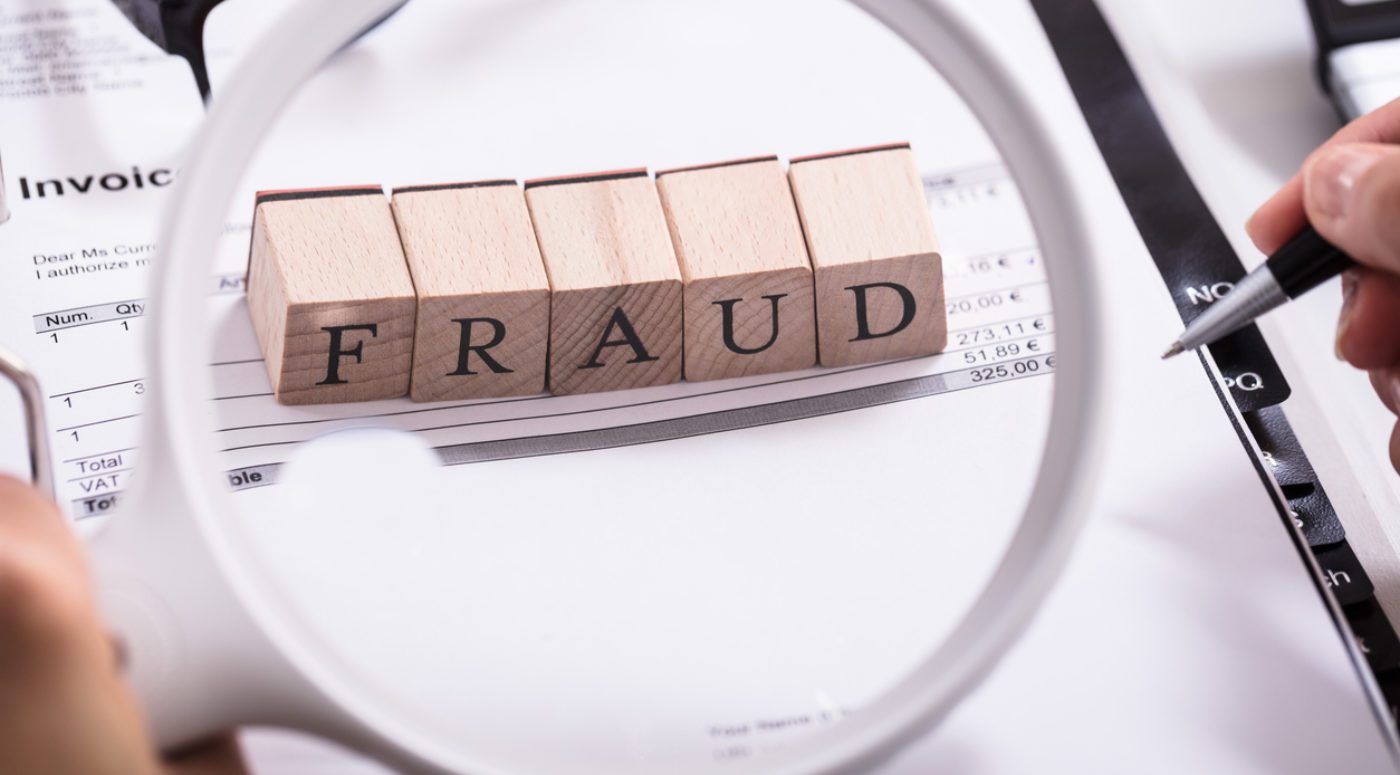

If you or a loved one are facing an initial charity fraud allegation, feeling worried about the road ahead and a sense of real urgency to start your defence are natural. Charity fraud is treated seriously by English courts, which means engaging an experienced charity fraud defence solicitor is imperative. This article outlines the offence of charity fraud, provides some examples, explains sentencing for first-time offenders, and weighs imprisonment risks. We also outline how to get in touch with our team for robust legal assistance.
What is the offence of charity fraud?
Charity fraud can involve a wide variety of activities and, as such, is governed by several different pieces of legislation in English law. Relevant laws include the Fraud Act 2006, the Theft Act 1968, and the Charities Act 2011.
The main charity fraud offences involve dishonestly obtaining property belonging to a charity, misappropriating or stealing funds, embezzlement, and falsification of accounts. This could include trustees dishonestly benefiting from charity resources or donors being deceived into giving to fake charities or fake programmes.
For a conviction, the prosecution must typically establish:
- the defendant’s dishonest conduct, whether through deception, false accounting, or theft/misappropriation of charity funds or assets.
- lack of consent from the charity for the defendant’s actions.
- intent by the defendant to permanently deprive the charity.
Charity fraud is triable either way, meaning it could be tried in the Magistrates’ Court or the Crown Court. Punishments can include unlimited fines and up to 10 years’ imprisonment depending on the offences charged and value involved. Prosecution often occurs in the Crown Court given the abuse of public trust. As we outline later, sentencing will account for factors like the harm caused to the charity and beneficiaries.
What are some examples of charity fraud?
Examples of this offence include:
- Diverting donations for personal use rather than the intended charitable cause.
- Using a small portion of funds raised for the stated cause and pocketing the rest.
- Setting up fake charities to take advantage of public goodwill and soliciting donations for non-existent causes.
- Claiming charitable deductions on taxes for donations that were never made.
- Staging fundraising events where most proceeds are not directed to the charity.
- Deliberately overvaluing in-kind donations from companies to claim greater tax relief.
- Using charity resources and assets for private benefit rather than to further the charity’s purpose.
- Money laundering by moving proceeds of crime through charities and their bank accounts.
- Funnelling payments to fake vendors or into personal accounts through falsified accounting.
- Exploiting volunteer labour rather than using donated funds appropriately.
- Misrepresenting how contributions will be used when soliciting donations.
What happens if you are suspected of committing charity fraud in the UK?
If you are suspected of committing charity fraud, you are likely to face investigation and potential prosecution under laws like the Fraud Act 2006, the Theft Act 1968, and the Charities Act 2011, depending on the exact nature of the activities that lead to the fraud.
Here’s a general outline of what could happen:
- Initial investigation – if charity fraud is suspected, the Charity Commission or the police will start an investigation. This could involve gathering evidence like financial records, witness statements, and documentation. You may be interviewed under caution, where anything you say could be used as evidence. Having a solicitor present is advisable.
- Arrest or voluntary interview – you could be arrested or asked to voluntarily attend an interview at a police station. Even if voluntary, this is serious and could result in charges. Legal representation is recommended.
- Charging decision – after investigating, authorities will consult the Crown Prosecution Service (CPS) on whether to charge you. They will consider if there is enough evidence and if it is in the public interest.
- Court process – if charged, your case may be tried in the Magistrates’ Court or Crown Court. The Crown Court means a jury trial, unless you plead guilty.
- Sentencing – if convicted, the court will consider various factors when deciding your sentence. While maximum penalties depend on the offence, non-custodial sentences are possible for first offences depending on circumstances. Potential options include fines, community service, or suspended sentences.
It is essential that you secure the advice of an experienced charity fraud lawyer if you or someone you care about is facing such accusations, as the exact process will depend on your specific situation and the piece of legislation the CPS wants to charge you under.
What is the sentence for charity fraud in the UK?
Charity fraud is a serious offence, carrying a maximum sentence of 10 years in prison. As mentioned, common examples include embezzling donations, falsifying expense claims, staging fake fundraising events, or using a charity to launder criminal proceeds, and all of these activities cause great harm to individuals and the public. As such, courts are keen to ensure sentencing reflects the severity of harm caused.
Aggravating factors like abusing a position of trust, large scale fraud, targeting vulnerable victims, or involvement of organised crime can increase the sentence given. On the other hand, mitigating factors such as early guilty pleas, remorse, steps to make amends, or acting under duress may reduce the sentence.
Additional penalties can include asset seizure under the Proceeds of Crime Act 2002, being disqualified from serving as a trustee or company director, fines, and compensation orders. The Charity Commission also has powers to remove trustees, restrict bank accounts, and suspend or dissolve a charity’s registration.
Finally, don’t forget that reputational damage from scandals can be severe. The public takes charity fraud very seriously, so prosecutors and regulators often pursue robust sanctions.
Are there any defences to charity fraud?
There are several potential defences that can be raised in response to allegations of charity fraud:
- Lack of intent – the prosecution must prove that you had dishonest intent. If you can demonstrate that you had an honest belief or made a mistake and lacked the intention to deceive in relation to the charity fraud, this could provide a defence.
- Lack of knowledge – if you can show that you were unaware of the fraudulent nature of the charity’s activities or were misled by others, this may serve as a defence. It is important to establish that you had no knowledge or involvement in the fraudulent practices.
- Mistaken interpretation – if you can argue that you misunderstood the requirements or legal obligations related to charity operations, leading to unintentional misrepresentation or fraudulent behaviour, this may provide a defence. It is crucial to demonstrate that your actions were based on a genuine mistake rather than deliberate deception.
- Procedural errors – if there were procedural errors during the investigation or in the handling of the charity fraud case, it may be possible to have the case dismissed on procedural grounds. This defence focuses on any irregularities or violations of proper procedures that may have compromised the fairness of the investigation.
- Insufficient evidence – skilled defence lawyers will meticulously analyse the strength of the prosecution’s evidence, looking for inconsistencies, unreliable witnesses, or gaps in the evidence chain.
- Coercion or duress – if you can demonstrate that you were coerced or under duress to engage in charity fraud, this may serve as a defence. That said, you must still establish that the coercion was immediate or imminent and that you had no reasonable alternative.
As charity fraud is such a serious offence that undermines the trust and goodwill of donors and the community, it is very important that you secure an expert charity fraud solicitor to walk you through the process of building a defence.
Will I go to prison if it is my first time committing charity fraud?
It is hard to definitively predict whether a first time charity fraud offence will result in imprisonment, as courts will consider numerous factors when determining an appropriate sentence.
While charity fraud is undoubtedly serious, courts do recognise first offences as a mitigating factor which may warrant a more lenient sentence, subject to the exact circumstances of your case. Demonstrating sincere remorse, cooperating fully with investigations, voluntarily compensating victims, and having otherwise positive character references may all assist first-time offenders in arguing against an immediate custodial sentence.
Note, however, that the scale and severity of the fraud will be a swaying factor – large or systematic frauds betraying significant trust are less likely to attract a suspended sentence, so you could go to prison even though it is your first offence. Harm caused to the charity’s beneficiaries is likely to be emphasised by the prosecution when advocating harsher punishment.
For minor technical offences, strong advocacy around mitigating factors may persuade a judge to impose a suspended sentence or community service instead of prison.
Given the nuances involved, those facing allegations should engage an experienced criminal defence lawyer for case-specific advice on the realistic prospects of avoiding imprisonment as a first-time charity fraud offender as soon as they become aware that they may be charged.
Where to get further help
Allegations of charity fraud can be overwhelming. Experienced legal counsel from the start is, therefore, key to protecting your interests. In some first offence cases, charges can potentially be avoided before trial. For tailored advice, contact Stuart Miller Solicitors today for a free consultation.
OUR COMMITMENTS TO YOU:
-
Responsive
A legal expert will consult you within 24 hours of making an enquiry.
-
Empathetic
We will always treat you with trust, understanding and respect.
-
Specialised
Your case will be handled by an expert who specialises in your type of offence.
-
Proactive
We will take early action to end proceedings as soon as it is practically and legally possible to do so.
-
Engaged
You will be kept updated on your case at all times. We will provide a named contact available to answer your questions.
-
Caring
We understand this is a difficult and stressful time for you and your family. Our team will support you every step of the way.
-
Tenacious
We will never give up on your case. We fight tirelessly to get you the best possible outcome.

